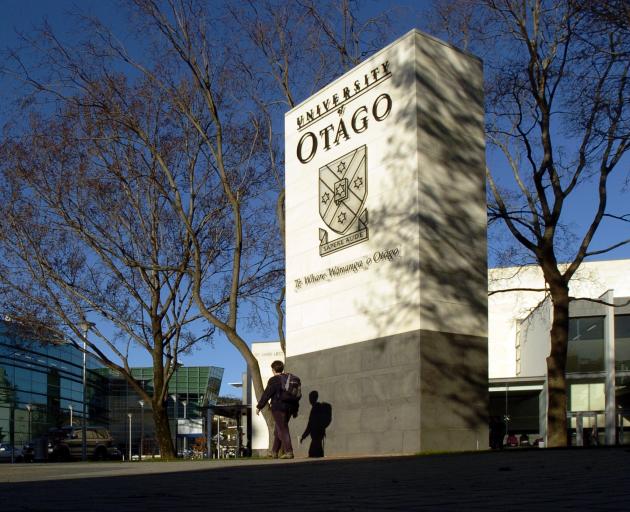
University crisis: don’t be so hard on yourself
Looking from afar, one has to be impressed with the fervour shown by both the ODT and its correspondents in discussing the current woes of the University of Otago. My advice is, "Don’t be so hard on yourselves."
Yes, the budget has turned red, the staff are overworked and student enrolments have dropped. Welcome to what all New Zealand universities are grappling with.
In my 45-plus years around university traps, the biggest changes, principally from the 1990s onwards, has been the gross expansion of expensive management structures, overt competition between universities for students, recruitment of large numbers of overseas students and proliferation of specialised courses. All this was well and good when the economy and student numbers were booming, but it quickly turned to custard in recent years.
The University of Otago was unique in that, as Ms van Turnhout pointed out, it was always able to finance its expansion using its own resources without incurring external debt. This was an amazing achievement but with it came a downside, namely lack of financial discipline — something every homeowner with a big mortgage has to exercise.
The other thing unique about Otago, is the intense local pride in "their" university. This makes it tricky to "cut the cloth to fit" in an institution that is as hallowed as Robbie Burns himself.
Perhaps there is a unique "Otago solution" to all of this as over the years the university has accumulated a reservoir of fat that can be cut without sacrificing jobs?
Define aspirational
Lou Scott (letters 30.5.23) is of the opinion that the last two terms of the Labour Government have been aspirational.
If by aspirational Lou Scott means racially divisive, fiscally incompetent, purveyors of misinformation and allowing the criminal element a free hand, then I totally agree.
Elite issues
I am having trouble reconciling government attitudes to elite performers as portrayed by Andrew Rogers (ODT, 31.5.23). On the one hand, High Performance Sport NZ paid $36 million to support elite athletes. On the other hand, the Science Olympiad programme only gets $49,000 "on the grounds that these programmes are elitist". What is going on?
In whom we trust
I would just like to question the last sentence in Ms Ritchie's letter (ODT 1.6.23): "The government of the United States is not in any sense founded on the Christian religion". American banknotes all have printed on them: "In God We Trust".
Happy holidays
I trust that Jean Balchin (ODT 1.6.23) and her family enjoyed their day off for the Not My King’s Birthday (and not his birthday either) weekend. I fail to understand why one person has so many public holidays named after him (or her), however — between Australia and New Zealand this public holiday is being observed on four different days this year, because in Australia its date varies between states. However, whatever you choose to call them, public holidays provide a much needed opportunity to take stock and to recharge our batteries.

Arret: bilingual road signs a rarity in Canada
Civis (ODT 4.6.23) is unfortunately misinformed about the bilinguality of road signs in Canada.
Road signs in Canada are not bilingual. Road signs and street signs in the Province of Quebec are all in French and road and street signs in the rest of Canada are all in English, except for a few exceptions where there are large pockets of French speaking people in a particular area, e.g. New Brunswick and in French-speaking areas of Manitoba and of northern Ontario.
Only federal institutions must provide information in both languages. As an example, a letter from Service Canada (equivalent to our MSD) is divided into two sections with English on the left and French on the right.
There is no word-mixing, i.e. English and French words in the same sentence. Government websites have an English and French version and the two languages are never mixed.
In Canada, if a sign needs to be bilingual for some reason, the language of the majority is placed in larger letters above the language of the minority. Thus, in Quebec, "Defense de Fumer" is in large letters above "No Smoking" and vice-versa in the rest of the country.
Address Letters to the Editor to: Otago Daily Times, PO Box 517, 52-56 Lower Stuart St, Dunedin. Email: editor@odt.co.nz












